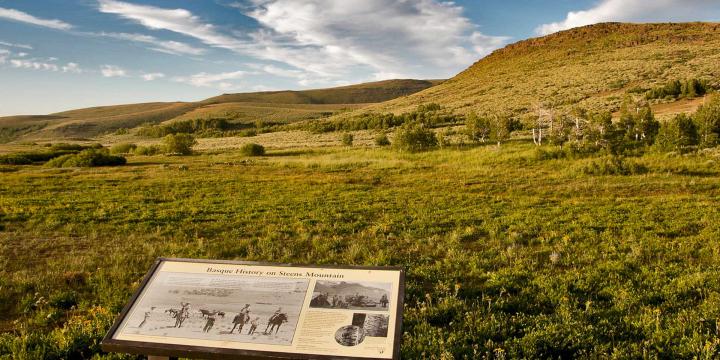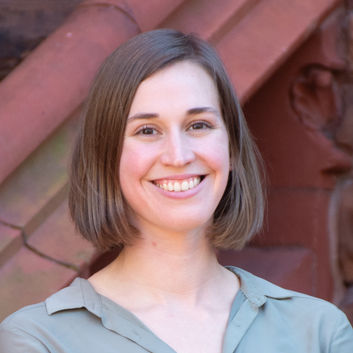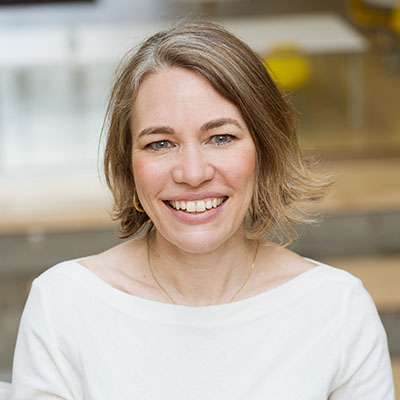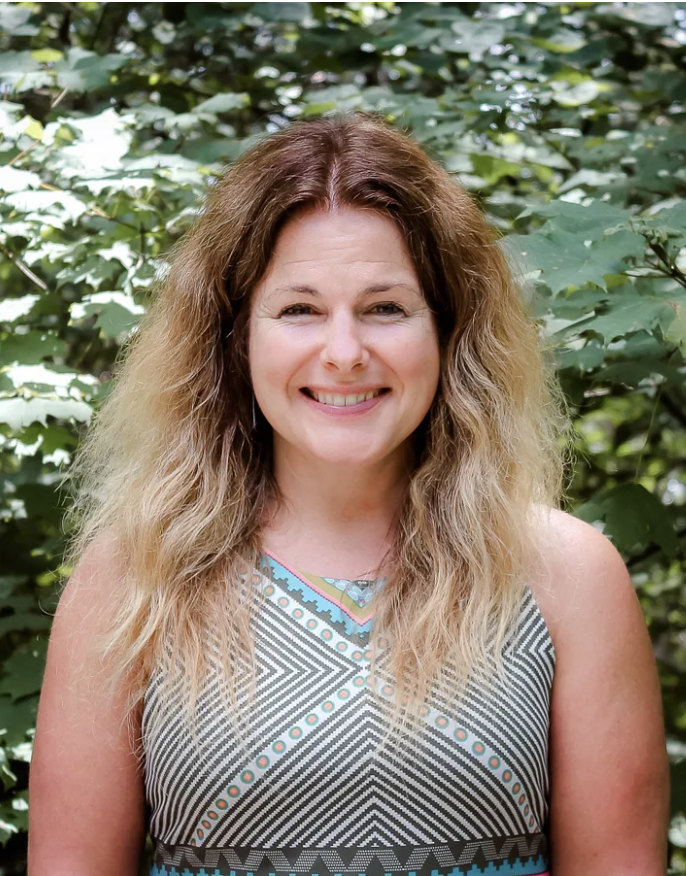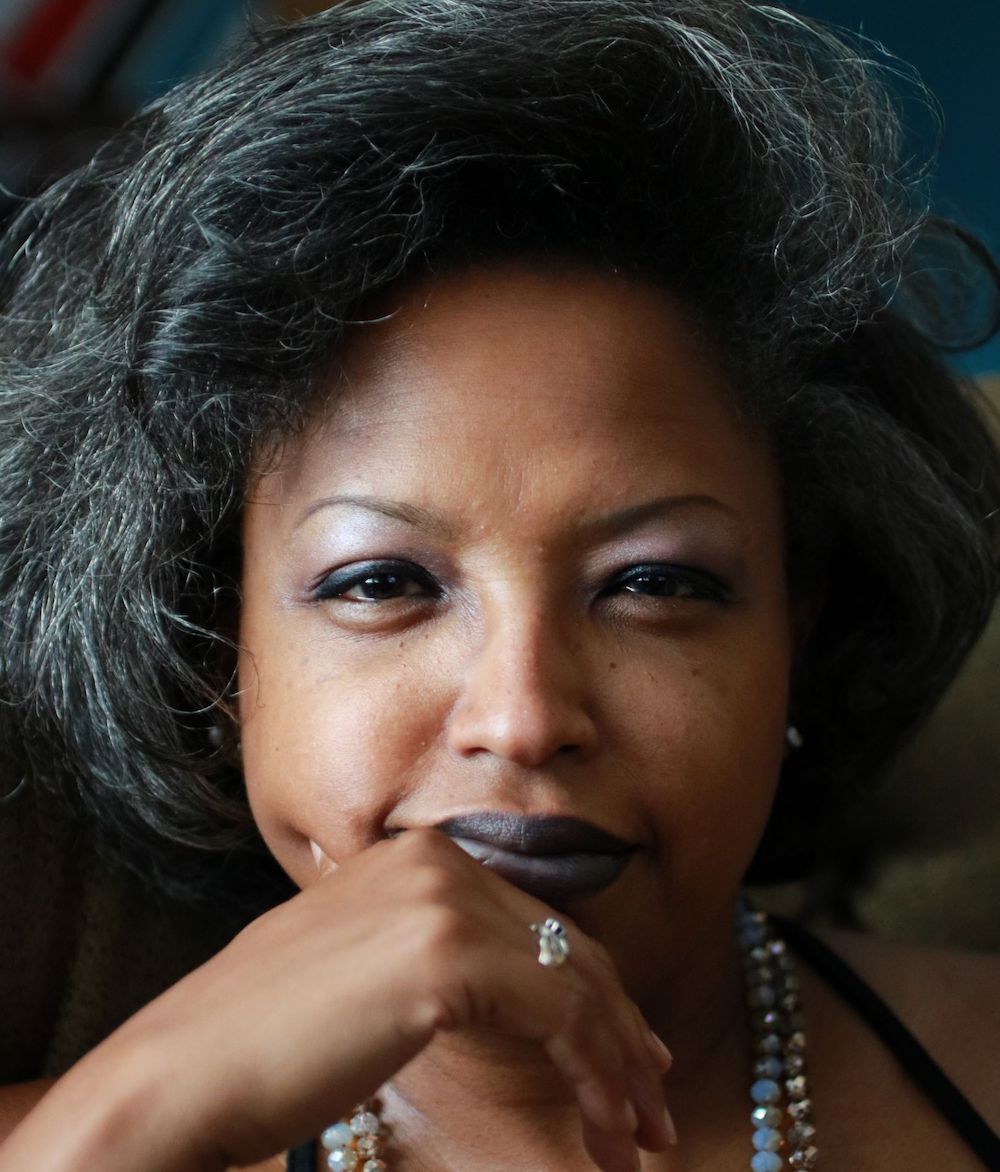All Historic Preservation Courses
Roadways for People, Part 1
Using Portland's I-5 Rose Quarter Improvement Project as a central case study, Lynn Peterson and co-instructor Elizabeth Doerr explore why and how we need a more inclusive, people-centered transportation planning process.
Landscape Design for Social Sustainability, Part 1
Discover how and why the built environment succeeds or fails at supporting thriving, diverse communities, and how designers can create mechanisms that allow communities to enjoy and improve their environments to suit their needs and desires.
Interpreting Places and Spaces
Interpretive media can dramatically enhance people's experience of place. Learn how to develop and execute a plan that brings the stories tied to places to life.
The Theory and Practice of Culture and Placemaking
Learn about the complex issues at play in the interaction between culture and place: the urbanization process, the historical significance of tools used by urban planners, early American urban theories, and the power of social movements.
American Architectural Styles
This course traces the history of American architectural styles and discusses how to identify styles for historic preservation projects.
Planning Commissioner Training
The new "Planning Commissioner Training" series offers citizen planners a chance to learn the tools to make a positive impact in their communities (available as a separate subscription).
Historic Preservation: How-to Guide
This course discusses how planners contribute to the preservation of historic resources.
The Government’s Role in Historic Preservation
This course takes an in-depth look at the role of federal, state, and local governments in historic preservation. The course examines regulations, funding, and tax relief.
Introduction to Historic Preservation
This course will introduce planners to the basics of historic preservation including the beginning of the historic preservation movement, the legal precedent for preservation, and the theories that determine how preservation occurs. This course will use case studies to further illustrate the topics discussed.







